We once sat in a room with an inspiring group of new advocates for WomenHeart: The National Coalition for Women with Heart Disease (they’re called WomenHeart Champions—and rightly so). All had suffered some form of cardiovascular trouble—congenital heart disease, heart failure or multiple heart attacks. Every one of their stories provided living proof of the need to address heart disease in women. Each woman shared her story with the group, and when it was Helene’s turn, she began, “Well, my story isn’t very dramatic. I only had the one heart attack.”
When cancer-support nonprofit Gilda’s Club asked Derek Cotton to help raise money to open a clubhouse in the Twin Cities, he hadn’t yet shared his story publicly. He says, “When I was asked to tell my story, my first response was, ‘I don’t think I’m your guy. I don’t have this fantastic story to tell. I don’t have anything dramatic to say.’ I had cancer. I got better.”
““My story isn’t very interesting.” “There’s really not much of a story here.” “There are better stories people should hear.” ”
We think about Helene and Derek often, especially when we hear new advocates express some variation of their comments, such as “My story isn’t very interesting,” “There’s really not much of a story here” or “There are better stories people should hear.” In other words: “My story doesn’t measure up.”
Story vs. Story
Why does this tendency toward self-deprecation appear when we are in the space between private and public? It’s sometimes due to internalized censorship; at other times, it’s what we call “getting caught in the Story Game.” Getting caught in the Story Game is a trap that’s easy to fall into because it’s built on a fact we’re all aware of on some level: stories compete with one another.
The Story Game plays out around us constantly. Entertainment and news stories fight for our attention with engaging dramatic series or shocking reports, company and brand stories vie for our dollars and consumer loyalty, and faith narratives compete for our beliefs and behaviors. Partisan politics, in the US and elsewhere, are fundamentally about the competing stories of what a country and its people are, or should be.
In today’s competitive business world particularly, the Story Game can get intense. An arsenal of books with aggressive, even militaristic titles like Winning the Story Wars, Whoever Tells the Best Story Wins, and Jab, Jab, Jab, Right Hook arms players with tools to make sure their stories are “competition-ready.” Nonprofit organizations and cause-marketing campaigns also rely on individuals’ personal stories—perhaps yours—to engage audiences and compete for mindshare and dollars. And the fierce competition of dominant and counternarratives is often at the base of power struggles.
But here’s the danger of individual advocates getting trapped in the Story Game: they may assume that if stories compete, then life experiences must also compete. In other words, we sometimes assume that certain life experiences make better advocacy stories than other life experiences—those that are the most dramatic, most emotional, most ________ [fill in the blank].
What’s a “good” advocacy story?
“A “good” advocacy story is one that provides living proof of your advocacy message—pure and simple.”
While many of the stories we’ve been honored to hear as Living Proof Advocacy coaches arise from or contain dramatic events, just as many others convey more everyday experiences. And while it’s true that one person’s lived experience may seem more sensational than another’s, that doesn’t discount individual experience. The power of your story may not lie in its drama, but in its absolutely perfect relationship to your cause. A “good” advocacy story is one that provides living proof of your advocacy message—pure and simple.
Just as our lives unfold in many ways, so can our stories be told in many ways. Whether your lived experience charts a journey from adversity to advocacy or focuses on a single moment that is packed with significance, your story has value if—and when—it contributes to your advocacy and engages your audience.
When we get caught in the Story Game, we ignore what successful advocacy groups and changemakers confirm: advocacy needs personal stories of all kinds. Advocacy needs big stories—incredible stories of overcoming adversity, fighting injustice or emerging from extraordinary circumstances. But advocacy also needs “small” stories: a single moment witnessed, a comment overheard, an insight gained. Advocacy needs stories that are shared at rallies and across kitchen tables, in the national media and on front doorsteps.
In this arena, where personal stories are used for advocacy, “winning” is not determined by a particular type of story or a particular kind of life experience. Instead, we judge the value of personal stories in advocacy by their ability to support a message and affect an audience. They don’t need to affect every audience, just your audience.
















